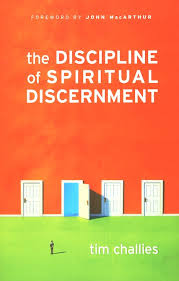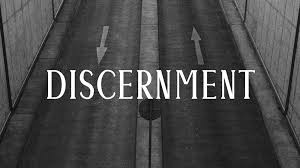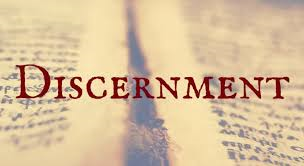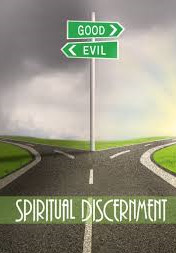In this new age of consumerism, people are always looking for the best deal. It’s understandable. If we’re going to spend our money, we want to insure we’re getting the greatest value for our buck.
Services such as Angie’s List, Yelp, and Business.com, offer us a way to hedge our bets before spending our money.
The modern consumer thrives on information. Before making a buying decision, customers have long sought out the opinions and experiences of others to inform themselves as to whether a company is creditable or not. Today, this process is quick, easy, and accessible to anyone with a computer and internet connection.
Consumerism and politics
We are rapidly approaching general elections in November. Unfortunately there is no service we can pull up on our computer to help with selection of the best candidates. During this “season” of health pandemics, social crisis, and family challenges, we are in search of individuals who can reverse the problems we’ve experienced in 2020. All the candidates, locally and nationally, claim to have the best “offer”. Who would you recommend?
In the Gospel of Mark, Jesus is presented as an active, compassionate, and obedient Servant who ministers to the physical and spiritual needs of others. Consequently, this gospel moves quickly to His public ministry where He performs many miracles (there are eighteen). Jesus used these miracles to demonstrate not only His power but also His compassion. As I look around at the needs of our city and our nation, service to and compassion for people are characteristics of one who will quickly attend to the problems and trials we face. Such was the case in our study text which is only recorded in Mark’s gospel.
Best qualified
In Mark 7:31-37, Jesus is found in the region of Decapolis by the Sea of Galilee. A man who is both deaf and speech impaired is brought to him. They recommended Jesus as the One best qualified for the task at hand. It isn’t clear whether those seeking Jesus’ help expected healing but they did ask that Jesus “put His hands” on the infirmed man. (v. 32) Sometimes we come to Jesus in our prayers not knowing what to ask. But Jesus, who is omniscient knows exactly what we need (Rom. 8:26-27).
Better than expected
I’m sure the man, unable to hear or speak, was curious as to what was about to happen to him. It is noted in one commentary, that Jesus in preparing the man for his healing used His own form of sign language: And He (Jesus) took him aside from the multitude, and put His fingers in his ears, and He spat and touched his tongue (v. 33). Then Jesus looked to heaven, and sighed, and said to him, “Be opened.” (v. 34) With one command, both impediments were cured. The crowd was astonished.
Although Jesus charged the crowds to say nothing about the miracle, they could not help themselves and in their zeal shared the miracle with this observation: “He has done all things well. He makes both the deaf to hear and the mute to speak” (v. 37). To do things well means to do things “excellently”. (1 Cor. 14:17; Gal. 5:7)
Consumerism, the soul, and Jesus
Unfortunately, consumers, as a rule, aren’t very intentional when it comes to matters of the soul. I don’t know where they go to seek out the opinions and experiences of others to inform themselves. Where do they go to insure their spiritual needs are addressed excellently? Where do they go with their fears and anxieties? Who would you recommend?
As believers, we know one thing is sure. We have a Savior, Jesus Christ, who is more than equipped to handle the challenges we face today and tomorrow (Jude 1:25). He is best qualified to meet our every need—provisionally and spiritually, because “He does all things excellently”.
It is natural for us to expect Jesus “to save us” by doing miracles in our life, like the deaf and dumb man. And HE DOES. But Jesus also wants us to know that He can be trusted with the daily events of our life. Jesus’ grace will provide all we need to manage both our spiritual and temporal needs (Ps. 23:1-3). Why? Because He (Jesus) does all things well! (v. 37)
As we prepare for this day and the days ahead, look to the only One we can recommend to see us through these tumultuous and challenging times. Trust the only One who died for us (John 11:25); who never fails (Is. 55:10-11); who cannot lie (Num. 23:19). Jesus has the power and authority to do “all things” (Matt. 28:18). Jesus does all things well.






